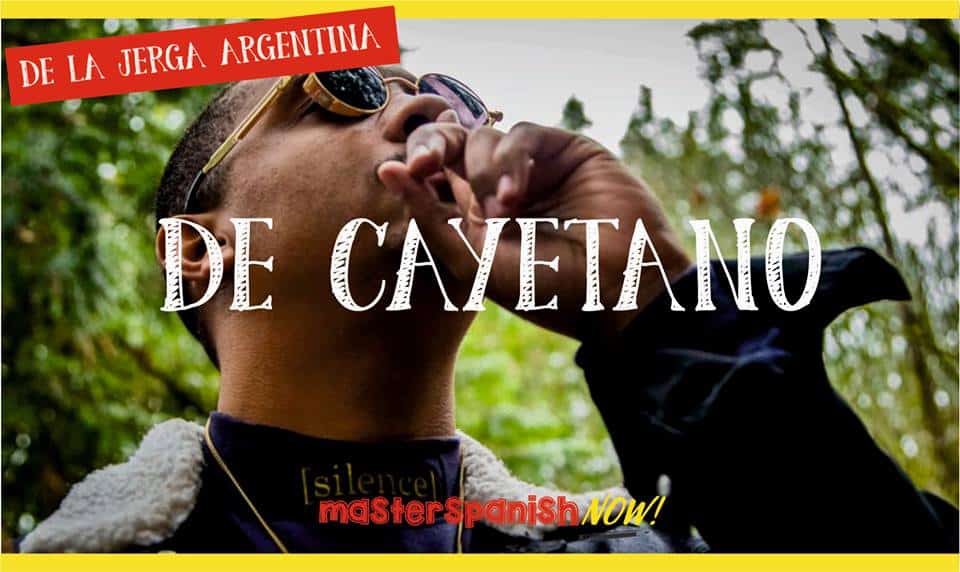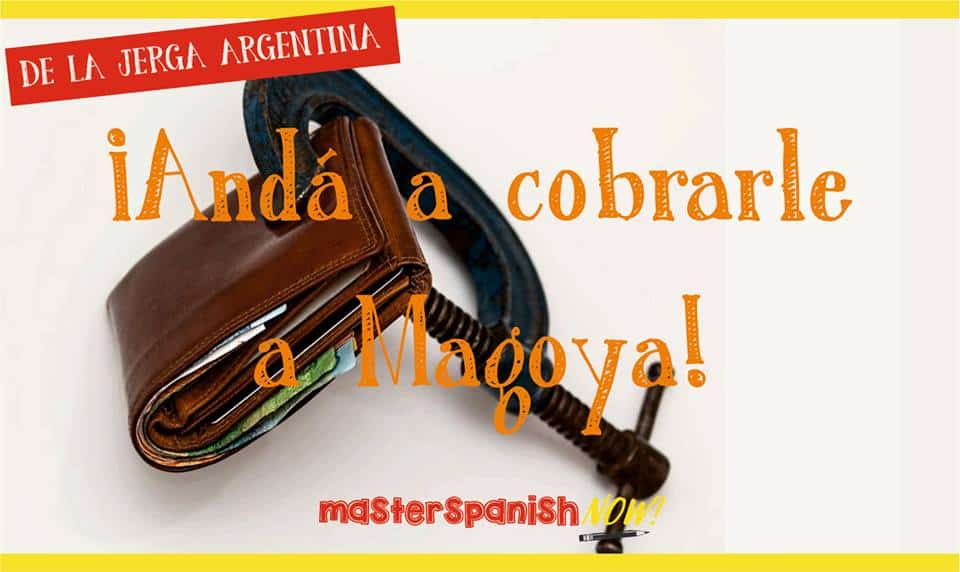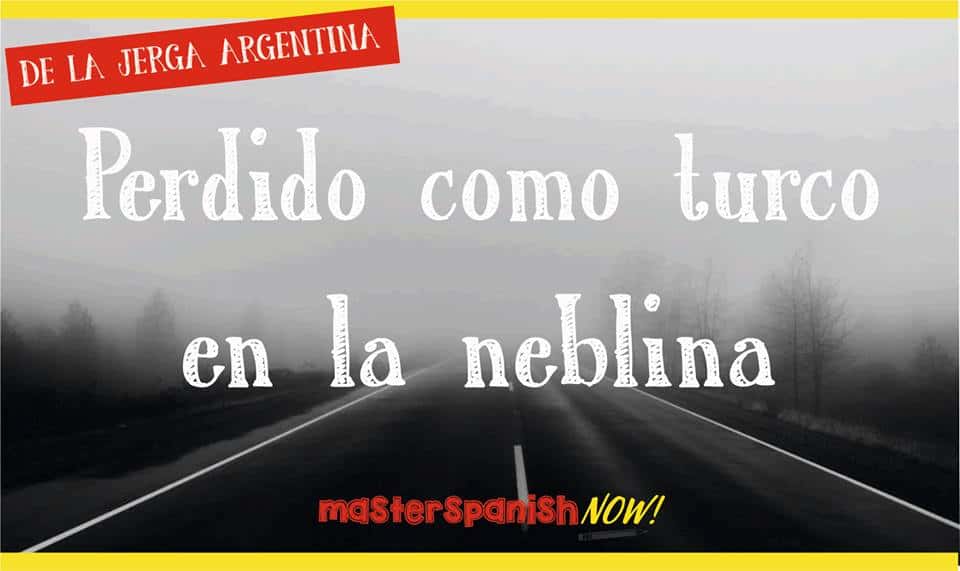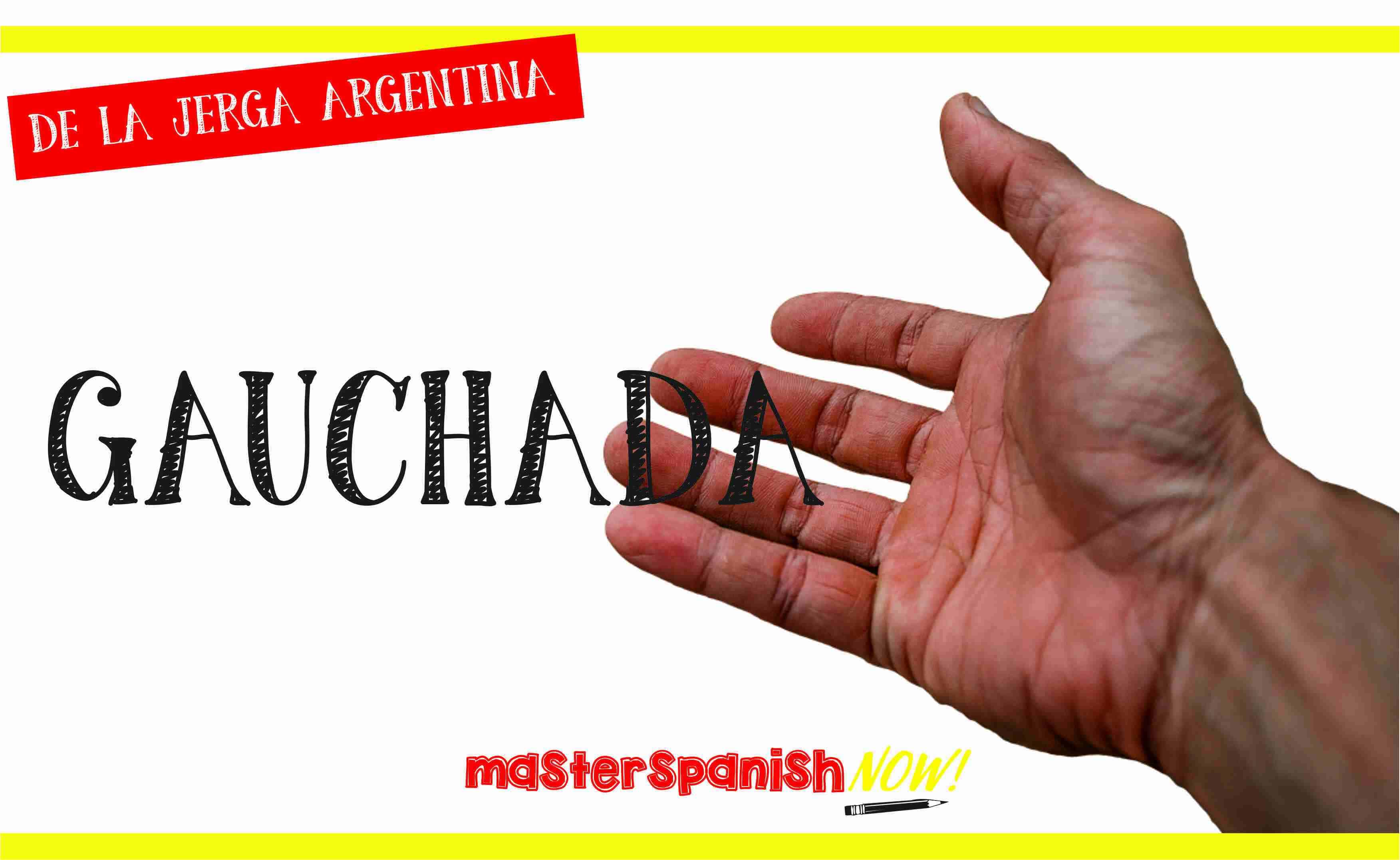Argentine slangs are used all the time in conversations throughout Argentina. It's not only among the youth, but at any age. If you don't know their meaning, it's impossible for you to understand what an Argentine is trying to say! Many phrases are so well-known by locals, that they would always prefer the slang intead of the more formal word that you'd actually learn at school or in books. Ready to learn about the weirdest phrases and its origins? Once you learn the origin of the phrase, it becomes a bit easier to retain the meaning!

De cayetano
If a person tells you to do something "de cayetano" (in Spanish: hacer algo de cayetano) they want you to do it in silence, with a low profile. Although the word is the same as the saint (San Cayetano), this expression has nothing to do with the saint. It actually comes from the word "callar" (to silence). In Lunfardo words were sometimes changed so that if somebody else heard what they were saying they wouldn't understand. So instead of telling someone to do something quietly (hacelo callado), they would say: "hacelo de cayetano".
¡Andá a cobrarle a Magoya!
This Argentine expression literally means "Go charge Magoya!" and it is used when you want to tell someone that he/she isn't getting paid. The surnames Magoya and Montoto are always used in these phrases, meaning they are people you will never find. They are ways of referring to an inexistent person.


Perdido como turco en la neblina
This slang phrase means "to be lost as a Turk in the fog" and it is used when a person is totally lost or clueless. But the origin of the phrase is more interesting. In the times when the Moors invaded the Spanish, the Spanish would call the wine that was pure (the one that wasn't diluted with water) "Moor wine" or also "Turk wine", cause it was not "sanctified" or "baptized" like the Moors. From then on, they would refer to drunkenness as a "Turk". So if you're lost as a Turk in the fog it means you're lost as a drunk person in the middle of the fog.So if you have a friend that is acting a bit clueless or lost tell him/her: "¡Estás perdido/a como turco en la neblina!"
Versero
When you call a person "versero" you're saying he/she's a liar.
It comes from the slang verb "versear" that means to lie. It's not only used when talking about a liar, but also when a person tends to tell unbelievable stories and you feel they might be untrue!


Gauchada
The word "gauchada" comes from the word "gaucho" (and a "gaucho" is a South American cowboy, we explained this earlier in another post). A "gauchada" is a favour.
Some examples on how to use it:
- ¿Me hacés una gauchada? (Would you do me a favour?)
- Mi amigo siempre me hace la gauchada cuando lo necesito (My friend always helps me when I need him).
No caza una
When you want to say that someone doesn't understand anything at all, you can say that person "¡No caza una!". The verb "cazar" (to hunt) has other meanings as well. One is "to understand something easily".


Sos Gardel
When a person tells you that you are Gardel (¡Sos Gardel!) they are trying to say you are at the top, you are the one in the best position, you're lucky, you're the envy of everyone, etc. For example, if you have air conditioning on a very hot day, you're Gardel. (We're sure you're aware of who Gardel is, but just in case, he's the most famous Argentine tango singer of all times).
La verdad de la milanesa
When a person tells "la verdad de la milanesa" (the truth of the "milanesa"), it means this person is is telling the real deal, an irrefutable truth. "Milanesa" is one of the most typical dishes in Argentina. There has been a lof of debate on the origin of this dish (whether it comes from Vienna or Milan, or somewhere else), and so when a person has "la verdad de la milanesa" (the truth of the milanesa - referring to the fact that this person knows the true origin of the dish) it means this person is telling the truth, knows a lot about what he/she is saying, etc. Or, in other Argentine words, "la tiene clara" (knows the real deal).


Hacer gancho
This expression is used when someone is trying to play matchmaker. "Hacer gancho" is to help two people to meet and maybe start dating.
- No me hagas gancho con Juan, que no me interesa.
(Don't arrange me with Juan, as I'm not interested).
Cara rota
If a person is "cara rota" (literally "broken face") it means this person is shameless. Other words for this are "caradura" and "careta". There is a very famous tango song by Gardel called "cara rota" that describes this type of person very well, saying he tries to get things for free, take advantage of friends, etc.

Which one is your favourite? Comment below! Or check our blog posts below for related articles.

